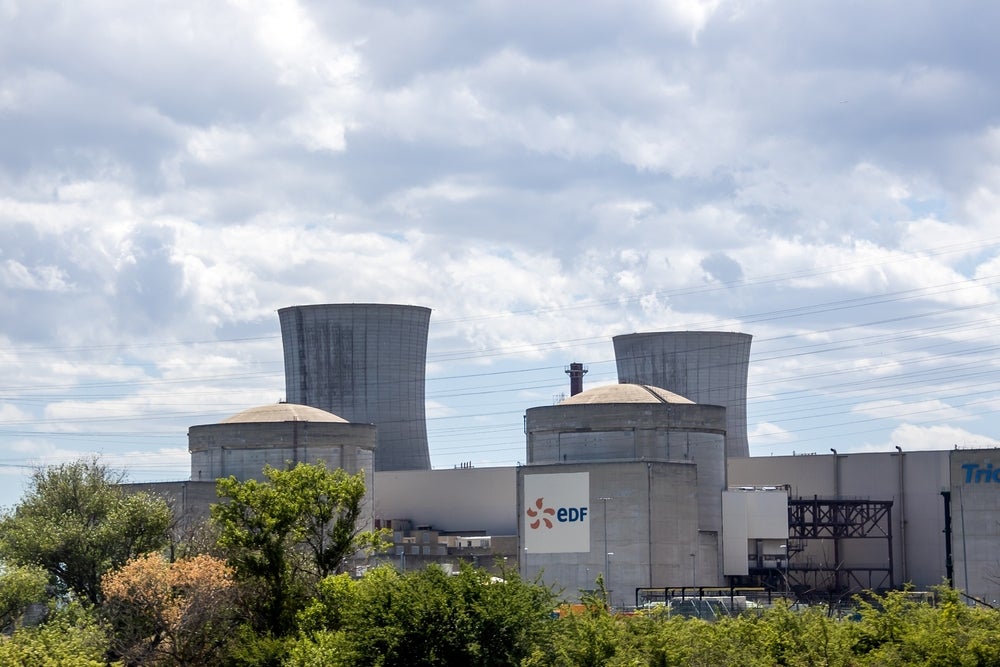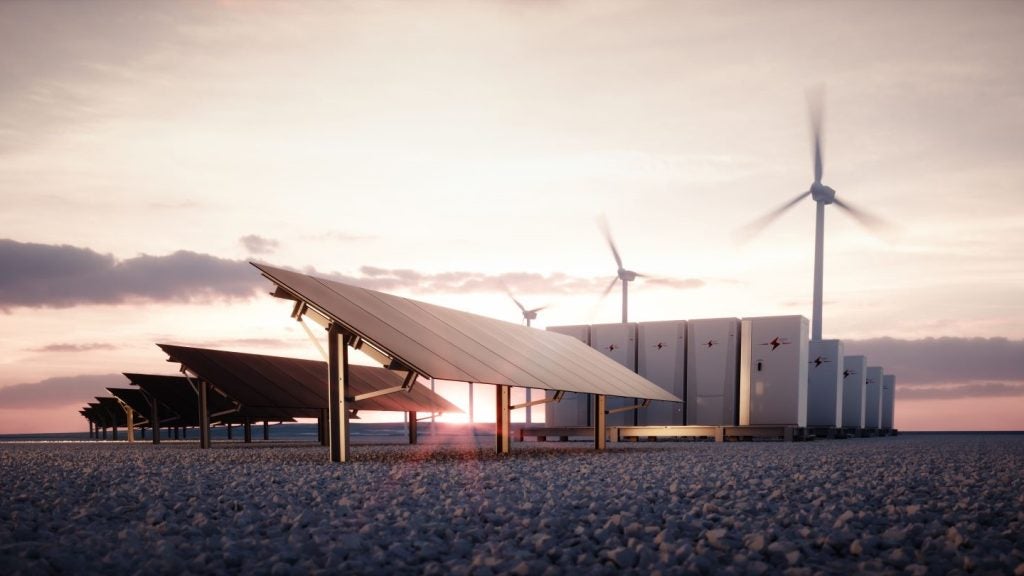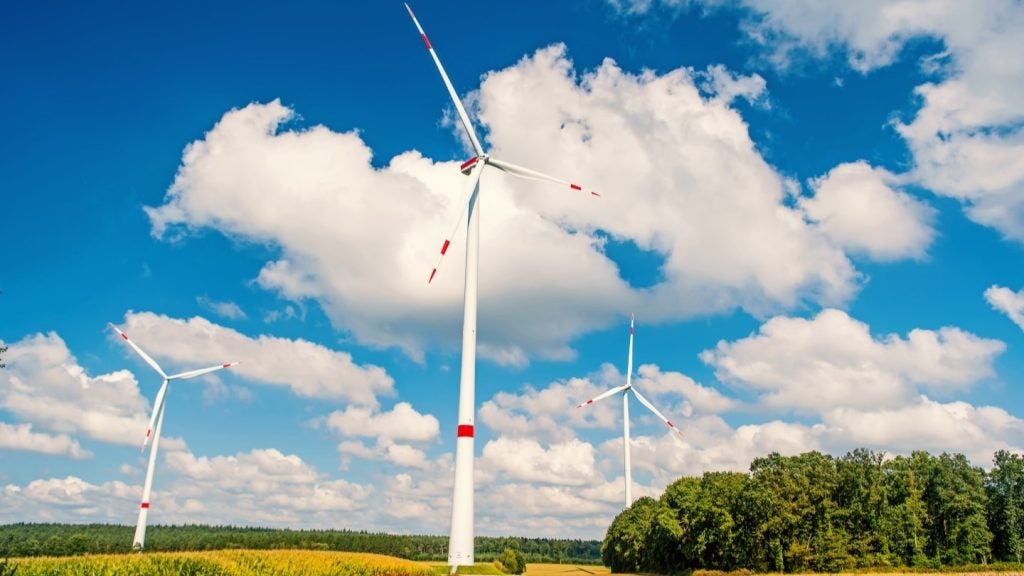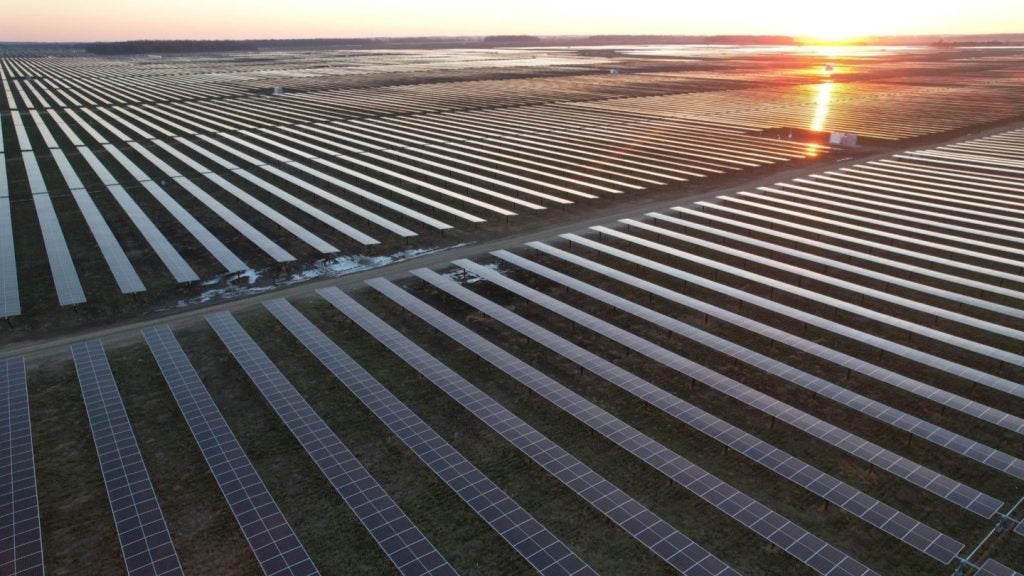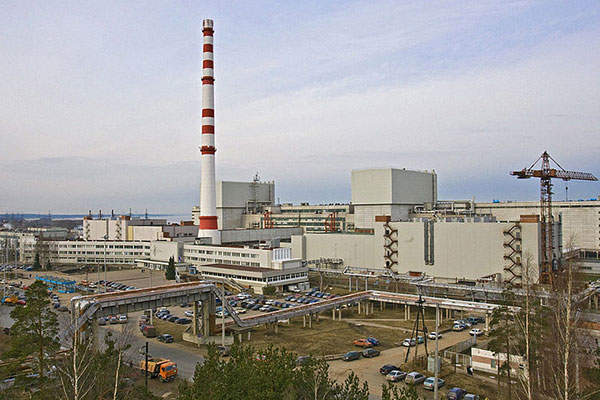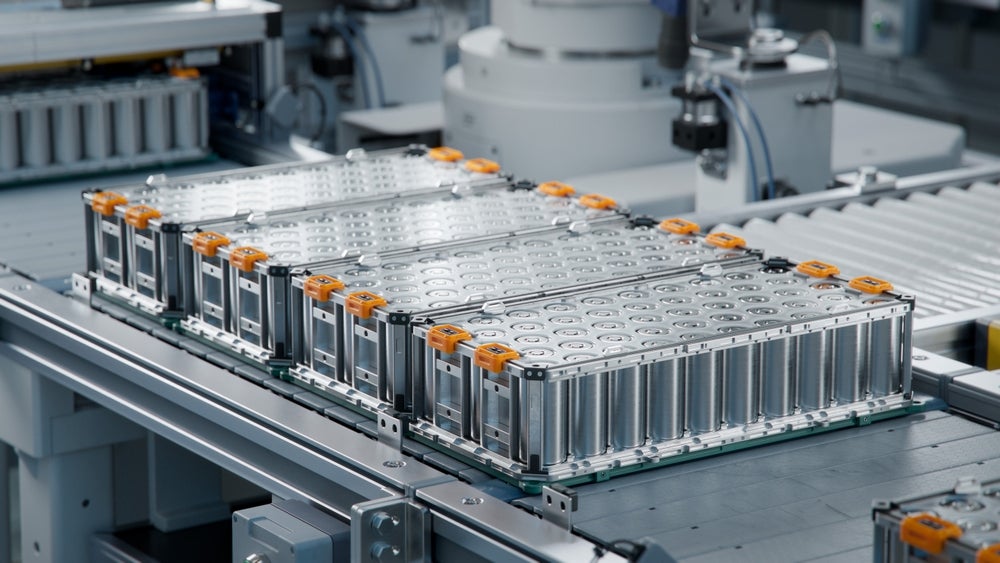French state-owned energy company EDF said on Tuesday that it aims to extend the life of its nuclear fleet in the UK.
The company said it would make a decision on whether to extend the lives of the four generating advanced gas-cooled reactors – Torness, Heysham 1 and 2, and Hartlepool – by the end of this year. It also pledged a further £1.3bn (€1.51bn) to the UK’s five operational nuclear power stations between 2024 and 2026.
EDF operates all of the UK’s nuclear plants. The company said that output for 2023 totalled 37.3 terawatt-hours, a 15% drop from 2022, citing station closures and outages. It added that although output dipped last year, it remained nearly four times more than that forecasted when EDF acquired the UK’s fleet in 2009. EDF plans to maintain output around this level until at least 2026, it said.
A ramp up in nuclear power is pivotal to the UK’s net-zero plans. In his Spring Budget for 2023, Chancellor Jeremy Hunt launched the Great British Nuclear programme, which would see focus shift to the scaling up of small nuclear reactors.
Hunt also announced that nuclear would be redefined as “green” energy in the UK – a move that critics say is an attempt to shoehorn the power source into net-zero expectations because nuclear is not considered a renewable source of energy.
EDF is also overseeing the construction of two new nuclear projects in the UK, Sizewell C and Hinkley point C. Both have faced criticism over recent years for long delays, soaring costs and potential environmental damage.
In February last year, the cost of Hinkley Point C rose again to almost £32.7bn, up more than £6bn from the £27bn estimate given in May 2022 and far higher than EDF’s original budget estimate of £20.5bn. The UK Government also published estimates in 2016 suggesting the total lifetime costs of the project could exceed £46.5bn. Sizewell C has faced legal challenges as recently as last month for the possible environmental harm that might come with the operation of the plant.


